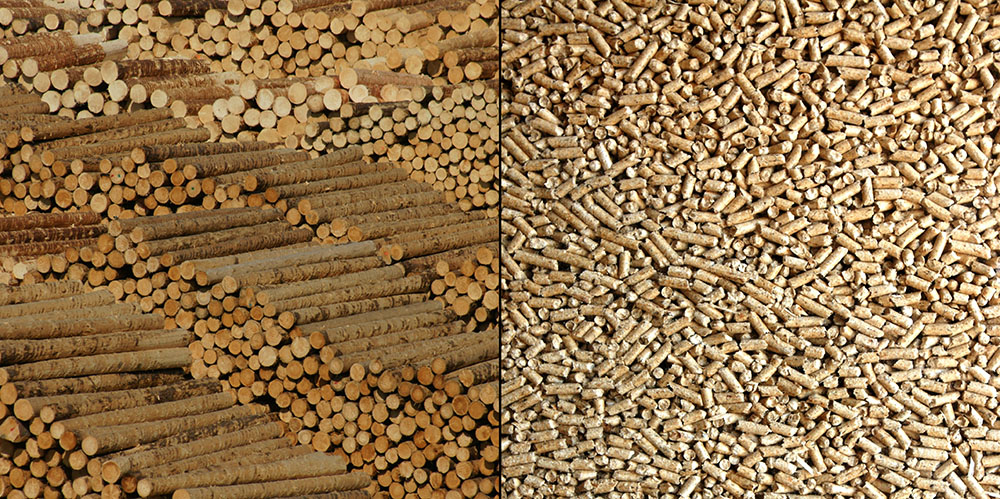Forest biomass is not clean energy as burning it releases CO2 emissions and so does not contribute to a decarbonisation pathway. The emissions from burning biomass are instantaneous, but their removals from the atmosphere from forest regrowth are not and take a long time. This means there is a significant time lag between when carbon is emitted and when it is removed and stored. This lag is important when considering current greenhouse gas warming potential.
In Australia, the accounting and reporting of net emissions from the Land Use, Land Use Change and Forestry (LULUCF) sector and forest lands provides a false view that the forest industry is somehow 'carbon negative' and does not make transparent the gross emissions from logging.
Furthermore, given the inexorable growth of overall energy use, there is no reason to assume a power facility using biomass as a feedstock will displace a coal generation system elsewhere. It is more likely that total energy generation will simply continue to rise and/or displace clean energy sources.
We need a rapid rethink of the role of forest biomass burning for energy in national decarbonization policy is required.
From an ecological perspective, there is no such thing as 'residue' biomass in a forest ecosystem - all biomass provides the biological and chemical inputs into the continuing growth of forests. Many studies show the negative impacts of intensification of logging on biodiversity including loss of habitat resources for threatened species such as the southern greater glider and koala.
We need a rapid rethink of the role of forest biomass burning for energy a comprehensive national decarbonisation policy is required. We argue that a global ban on using forest biomass for industrial scale bioenergy is urgently needed given its negative effects on climate mitigation and forest ecosystem integrity. Land provides a false view that the forest industry is carbon negative and do not make transparent
Article authors
Brendan Mackey
Heather Keith
Additional authors
Lindenmayer, D.
Reference
Mackey, B., Lindenmayer, D., Keith, H. (2022). Burning forest biomass for energy, not a source of clean energy and harmful to forest ecosystem integrity. Griffith Climate Action Beacon Policy Discussion Paper 2/22, pp.1-8. Brisbane, Australia: Griffith University. https://doi.org/10.25904/1912/4547



